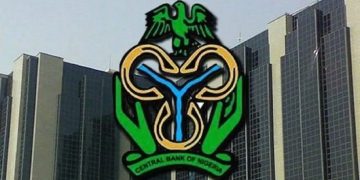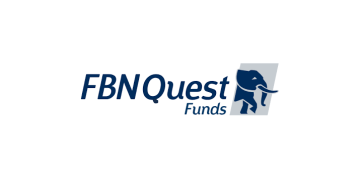Apple is considering price increases for its upcoming iPhone lineup this fall but wants to avoid linking those hikes to U.S. tariffs on Chinese imports, according to a Wall Street Journal report.
Most of Apple’s devices are assembled in China, making the tech giant particularly exposed to the ongoing U.S.-China trade tensions. Despite a recent agreement between Washington and Beijing to ease tariffs, a 30% levy still applies to many Chinese imports.
Apple has not officially confirmed the price changes, but analysts believe a hike is likely. Earlier this month, the company said tariffs could add $900 million in costs for the April-June quarter. To ease the impact, Apple is moving more of its iPhone production to India. The aim is to source the majority of U.S.-sold units from there.
Still, raising prices may help the company absorb higher costs. The entry-level iPhone 16, launched at $799, could cost up to $1,142 when tariffs are factored in, according to Rosenblatt Securities. That is a staggering 43% jump.
To soften the blow, Apple plans to introduce new features and design upgrades, including a sleeker, ultrathin look. This could help justify the higher price tags.
But there’s risk. “Apple may lose market share if prices rise too sharply,” analysts warn, especially as competitors like Samsung attract buyers with AI features Apple has been slower to adopt.
Apple is staying quiet publicly, but its position is clear: it wants to maintain its premium image without appearing to pass geopolitical costs onto consumers.
As the fall launch approaches, Apple faces a tricky dilemma. They have protect margins, stay competitive, and avoid being seen as political.























































